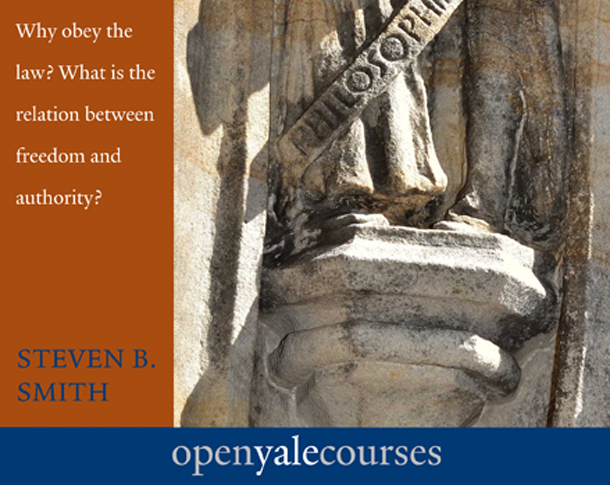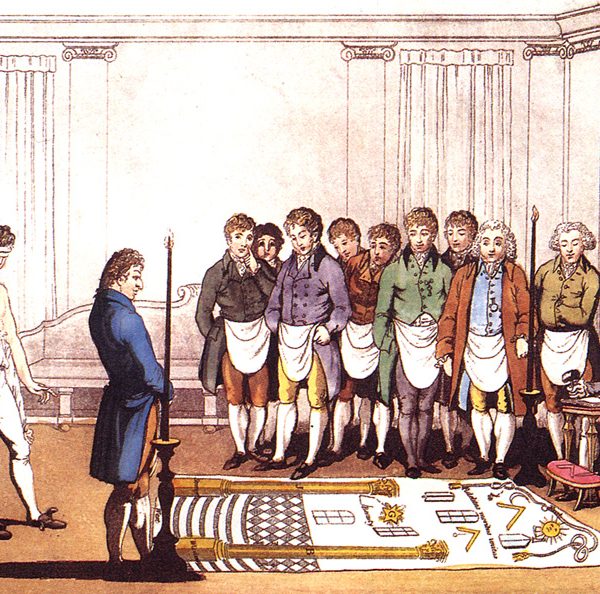Open Yale Courses: Political Philosophy with Steven Smith
Yale Professor of Political Science, Steven B. Smith has a personal relationship with rapper Ludacris. He is an obsessive Yankees fan, and can often be spotted smoking cigarillos in a bright pink blazer. The portrait of him hanging in Branford College shows him wearing a tie, on the tie: an upside-down portrait of his wife. He is both revered and feared by Yale students, known for his fascinating but often intimidating discourses. Smith also taught a wildly popular, introductory Political Science course for many years, attracting students of all years and majors.
 This is the first year Smith will not be teaching the course, but his allusions and theories can now be explored by all through Open Yale Courses and with his new book, Political Philosophy, available in Yale University Press’s Open Yale Courses series this fall. He describes the subject as, “the investigation of the permanent problems of political life—problems like ‘Who ought to govern?’ ‘How ought conflict to be managed?’ ‘How should a citizen and a statesman be educated?’”
This is the first year Smith will not be teaching the course, but his allusions and theories can now be explored by all through Open Yale Courses and with his new book, Political Philosophy, available in Yale University Press’s Open Yale Courses series this fall. He describes the subject as, “the investigation of the permanent problems of political life—problems like ‘Who ought to govern?’ ‘How ought conflict to be managed?’ ‘How should a citizen and a statesman be educated?’”
The book acts as a sort of reader’s guide to many of the most important texts in political history. Smith speaks briefly of Socrates, Plato, Aristotle, Machiavelli, Hobbes, Locke, Rousseau, and Tocqueville, breaking down these heavy hitters of traditional thought into manageable segments. He also has a chapter on Sophocles’ Antigone and on the Bible. And while he may not agree with all the authors on his reading list, Smith remains resolute in the necessity of studying these works. He writes:
The study of political philosophy is not simply some kind of historical appendage attached to the trunk of political science; nor does it perform some kind of custodial or curatorial function— keeping alive the great glories of earlier ages like mummified remains in a natural history museum. Political philosophy is the study of the deepest, most intractable, and most enduring problems of political life.
He also asserts the intellectual dominance of the true philosopher, explaining:
The true philosopher is rare; one would be fortunate to encounter such a person maybe once in a lifetime, maybe once in a century. But here is where philosophy differs from other fields. One can be, say, a mediocre historian or a mediocre chemist and still function quite effectively. But a mediocre philosopher is a contradiction in terms. A mediocre philosopher is not a philosopher at all. But those of us who are not great thinkers can at least try to be competent scholars.
This is the goal of both Smith’s famed course and his corresponding text: to help the scholar dissect and understand the works of all time greatest thinkers, so he too can begin to see the world and policies around him in a new light.


























